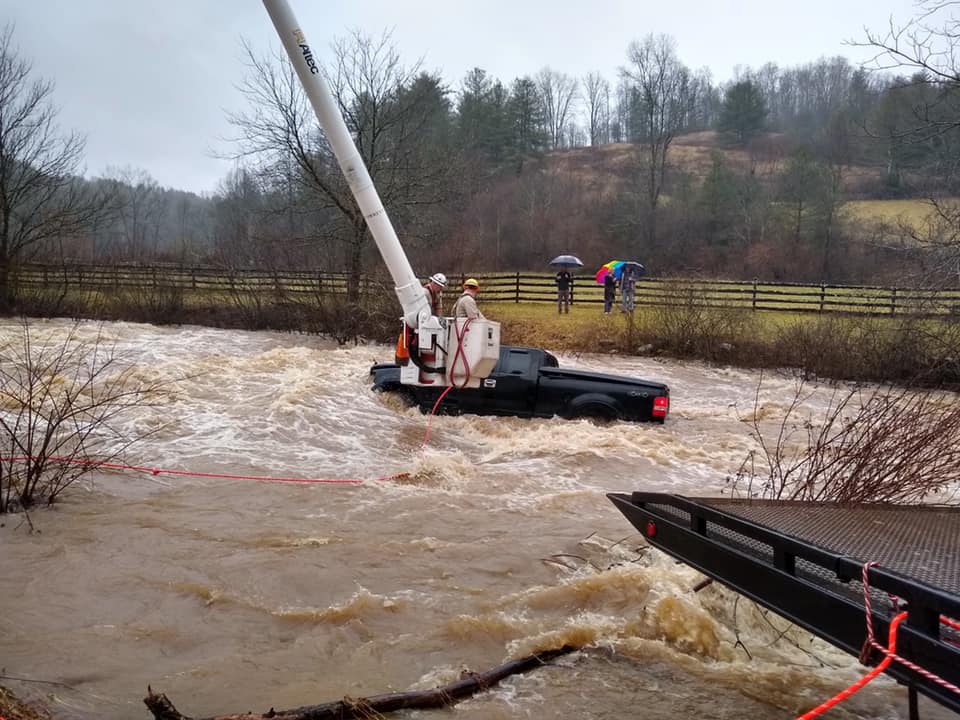For many of us, it is hard to beat the feeling being outside and enjoying the first warm day of Spring. Whether you are just enjoying a walk around the yard or grabbing some tools to complete some project that you put off all winter, be sure that you keep these springtime electrical safety tips in mind.
Be aware of overhead power lines. Don’t fly kites or drones anywhere near electric lines or substations. Be sure to keep ladders a safe distance from electric wires while cleaning gutters or completing other spring chores. Materials, tools and all parts of your body should always stay at least 15 feet away from electric lines.
Call before you dig. Call 811 before digging in your yard. Even if it is something as simple as planting a tree, it is important to know what is below the ground. A quick phone call could save your life and your pocket book.
Trees and electric lines don’t mix. Before trimming trees or allowing kids to play in trees or bushes, make certain that there are no electric lines hidden in the leaves and branches.
Check your cords. Before using extension cords or electric tools, check for frayed cords, damaged plugs and other wear. Don’t use damaged equipment until it has been repaired.
Energy and water makes a dangerous combination. Keep extension cords and other electrical equipment away from pools, fountains or ponds. Be sure that sprinklers and irrigation equipment do not spray water onto power lines or other electrical equipment.
If you have questions about electric equipment on your property or how to be safe around power lines, contact your local electric co-op. We want you and your family to be everyday safe.


